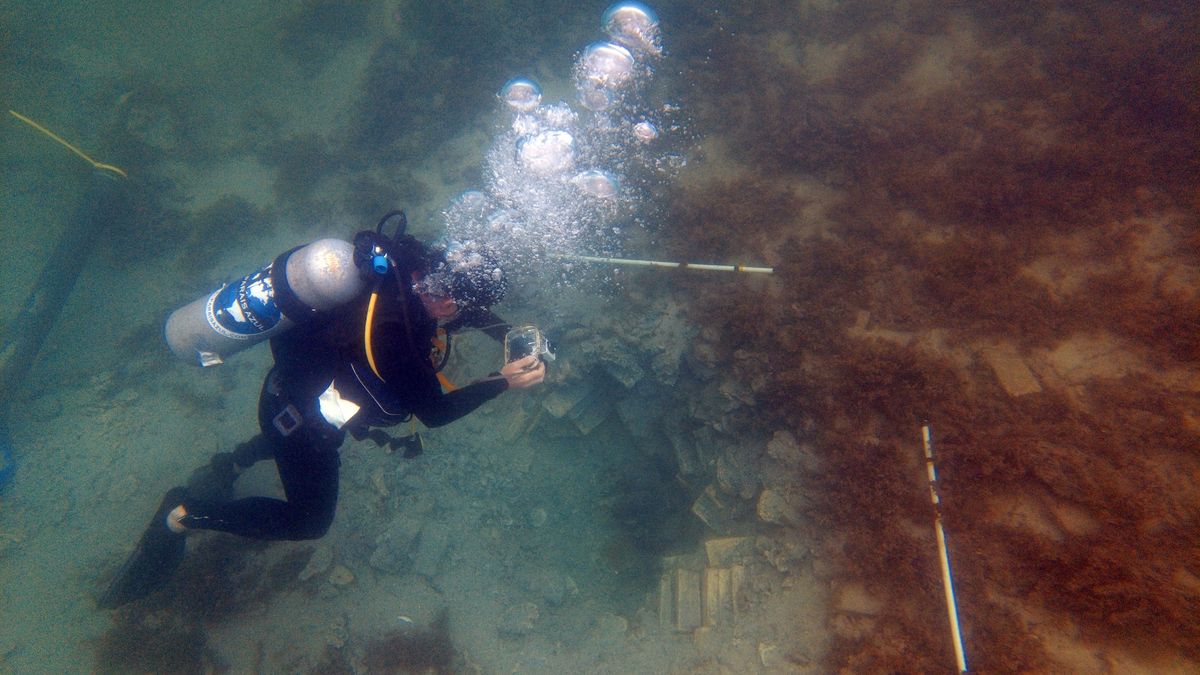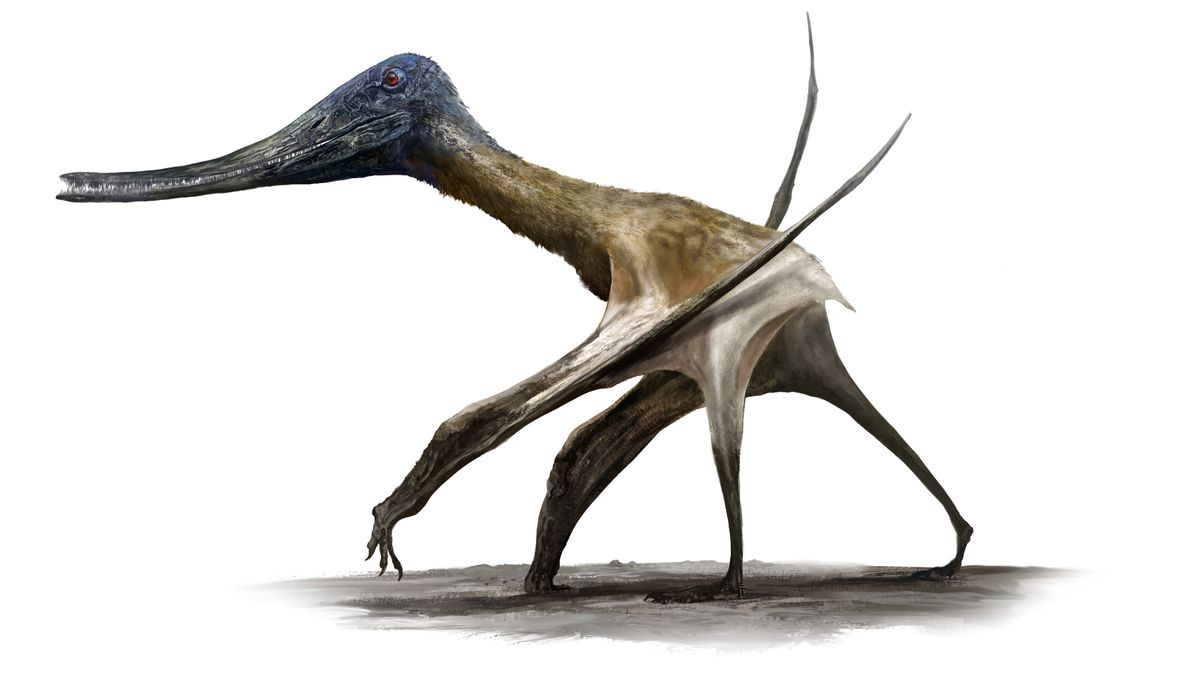Now Reading: Danish Slave Shipwrecks from 1710 Discovered Off Costa Rica, Not Pirate Vessels
-
01
Danish Slave Shipwrecks from 1710 Discovered Off Costa Rica, Not Pirate Vessels
Danish Slave Shipwrecks from 1710 Discovered Off Costa Rica, Not Pirate Vessels

Speedy Summary:
- Two shipwrecks off Costa Rica’s Cahuita National Park, previously thought to belong to pirates, are now identified as 18th-century Danish slave ships.
- These wrecks are attributed to Fridericus Quartus and Christianus Quintus, which sank in 1710 during Denmark’s transatlantic slave trade operations.
- archaeological discoveries including yellow Flensburg bricks (used exclusively in Denmark), wood samples from Baltic oak trees dated back to 1690-1695, and Dutch clay pipes confirm the ships’ origins.
- Ancient accounts reveal rebellion aboard Fridericus Quartus by enslaved Africans prior to its sinking. Both ships struggled with food shortages and internal mutinies before their demise.
- The wreck findings were finalized after extensive research conducted by marine archaeologists from the National Museum of Denmark and Viking Ship Museum in 2023.
Image Source:
– Andreas Kallmeyer Bloch inspects one of the shipwrecks.
(Credit: John Fhær Engedal Nissen/The National Museum of Denmark)
– David Gregory investigates yellow bricks linked to Danish production hubs Iller Strand or Egernsund near Flensburg Fjord.
(Credit: Jakob Olling)
– Marine archaeologists hold excavated ship timber confirmed as charred Baltic oak used on Danish vessels during that period.
(Credit: John Fhær Engedal Nissen/The National Museum of Denmark)
Indian Opinion analysis:
The identification of these shipwrecks offers valuable insight into historical maritime activities related to human exploitation during the transatlantic slave trade-a practise that shaped socioeconomic histories worldwide, including India’s colonial days under British rule where similar exploitative structures existed.
For India, awareness about past legacies like this can further prompt critical conversations on global systems of oppression that once relied heavily on imperial navies for expansionism and economic dependency based on unfree labor networks akin to indentured servitude practices post-slavery abolition phases starting mid 19th-era Its neutral value-advocating inclusion!–Moves away divisive lens history shaping ongoing forward-century!
























